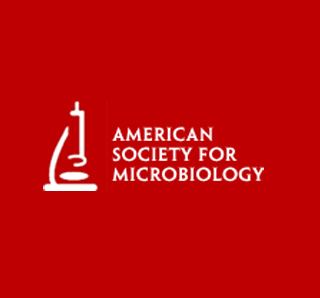
This virus found in human stool seems to be closely related with Aichi virus, a known cause of oyster-associated gastroenteritis in humans. Though previously identified in pediatric stool and sewage samples, klassevirus is apparently noted for the first time in a sterile site of the human body. During the research, investigators developed a blood test for klassevirus infection with a recombinant klassevirus 3C protease, which is probably not present in picornavirus particles. The blood test seemingly allowed scientists to show human infection and estimate prevalence in a sample pediatric group from hospitals in the St. Louis area.
The outcome was that anti-3C antibodies were found almost 7 months after klassevirus infection indicating actual virus replication. IgG antibodies are apparently developed against the 3C protease followed by klassevirus infection. Claimed to be a novel research, scientists demonstrated a human antibody response to a klassevirus antigen. It was ascertained that klassevirus has the potential to trigger human infection.
The research is published in the October 2010 issue of the journal Clinical and Vaccine Immunology.
